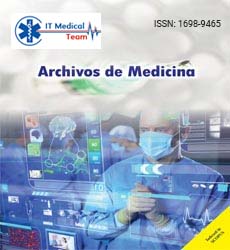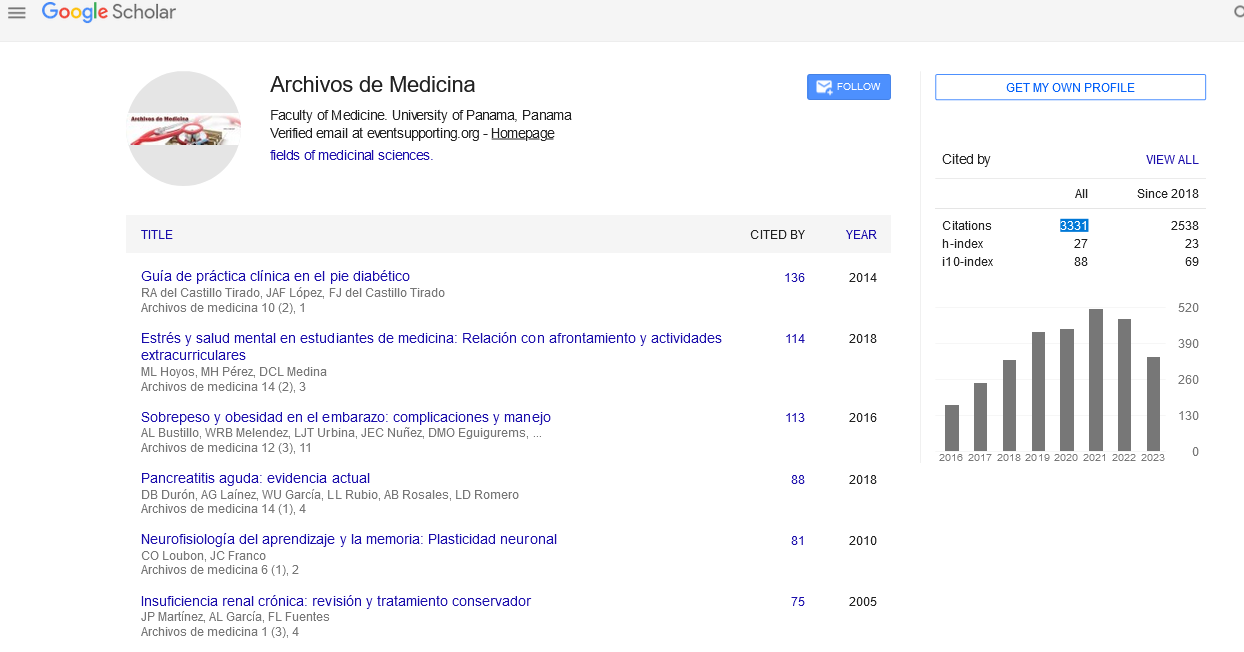Joe Thomas*
Jawaharlal Nehru University, Hyderabd, India
- Corresponding Author:
- Joe Thomas Jawaharlal Nehru University, Hyderabd, India E-mail: joe.thomas@gmail.com
Fecha de recepción: July 20, 2020, Fecha de aceptación: July 25, 2020, Fecha de publicación: July 28, 2020
Short Communication
Most people who become ill with COVID-19 are going to be ready
to recover reception. No specific treatments for COVID-19 exist
immediately. But a number of an equivalent belongings you do to
feel better if you've got the flu — getting enough rest, staying well
hydrated, and taking medications to alleviate fever and aches and
pains — also help with COVID-19.
When people get over COVID-19, their blood contains antibodies
that their bodies produced to fight the coronavirus and help them
recover. Antibodies are found in plasma, a component of blood.
The donor antibodies help the patient fight the illness, possibly
shortening the length or reducing the severity of the disease.
A recent report on a clinical test showed that the corticosteroid
drug dexamethasone decreased the danger of dying in very
ill hospitalized COVID-19 patients. It makes biologic sense for
those patients who have developed a hyper-immune response
(a cytokine storm) to the virus infection. In these cases, it's the
immune system's overreaction that's damaging the lungs and
other organs, and too often resulting in death.
Some French doctors advise against using ibuprofen (Motrin,
Advil, many generic versions) for COVID-19 symptoms supported
reports of otherwise healthy people with confirmed COVID-19
who were taking an NSAID for symptom relief and developed a
severe illness, especially pneumonia. These are only observations
and not supported scientific studies.
Early reports from China and France suggested that patients
with severe symptoms of COVID-19 improved more quickly
when given chloroquine or hydroxychloroquine. Some doctors
were employing a combination of hydroxychloroquine and
azithromycin with some positive effects.
Hydroxychloroquine and chloroquine are primarily wont to treat
malaria and a number of other inflammatory diseases, including
lupus and atrophic arthritis. Azithromycin may be a commonly
prescribed antibiotic for streptococcal sore throat and bacterial
pneumonia. Both drugs are inexpensive and readily available.
Remdesivir was developed to treat several other severe viral
diseases, including the disease caused by Ebola virus (not a
coronavirus). It works by inhibiting the power of the coronavirus to
breed and make copies of itself: if it can't reproduce, it can't make
copies that spread and infect other cells and other parts of the body.
There are several recommendations to enhance health Covid
patient. supported the country and severity of viral load the
treatment has been chosen by the doctor.
29086





